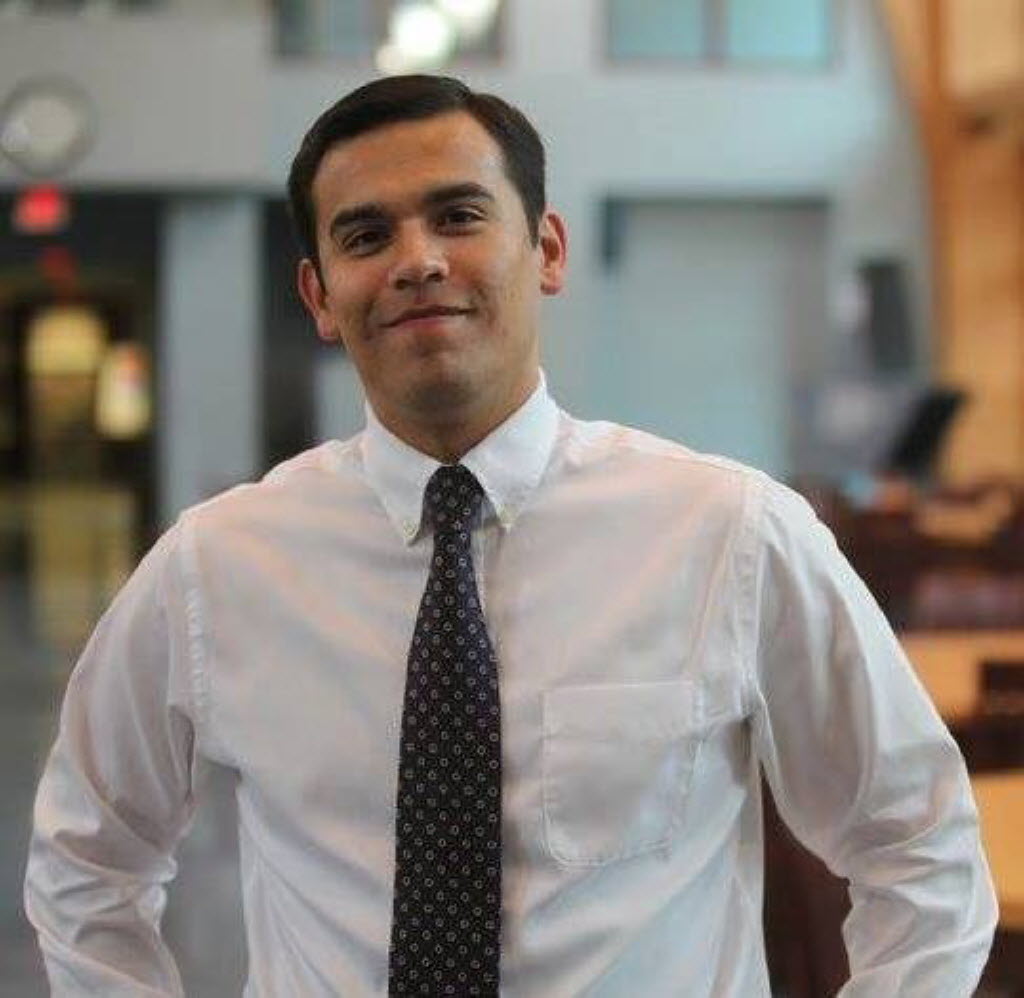
Blowing the Whistle on El Paso’s Crooked Schools

A version of this story ran in the December 2012 issue.
In fall 2009, counselor Patricia Scott went to her bosses at El Paso’s Bowie High School with what turned out to be a very dangerous question: Why was somebody erasing credits from the sophomores’ transcripts?
The answer—that students were being targeted and held back so their low test scores wouldn’t count against the school’s federal ratings—has landed a superintendent in federal prison and could entangle more of the district’s leadership. Scott had uncovered one facet of the most outrageous cheating scandal Texas—if not the country—has ever seen. Her complaints nearly cost her everything she’d worked for, but they formed the foundation of a mighty controversy that’s still unfolding in El Paso.
For 16 years, Scott had been a counselor at Bowie, a historic school in El Paso’s segundo barrio, just across the border from Juarez. She’d grown up in roughly the same neighborhood—she attended Jefferson, Bowie’s fierce South El Paso rival. Each summer she double-checked her students’ transcripts before the new school year, but in 2009 she was surprised to find that dozens of kids who should have become sophomores were being held back. Course credits had simply vanished.
Along with Susan Crews, lead counselor at the district’s central office, Scott worked at Bowie late into the night, reviewing each child’s grades. When they were done, Scott had proof that 77 students had lost course credit unfairly. There was a pattern to the affected students, too: Nearly all were Spanish speakers with limited English. Many had just transferred from Mexico, as drug war violence in Juarez was cresting.
Scott filed a complaint with her supervisor, Guidance Services Director Kathy Ortega, who recognized Scott’s allegations for what they were: evidence of a coordinated effort to inflate test scores by holding kids back.
Ortega has said she knew it would be dangerous to take the allegations to supervisors who might be complicit in the scheme. To protect Scott, she put the audits in a drawer and left them there.
But Scott’s requests for data from the district office, and her questions to her assistant principal about the missing credits, drew unwelcome attention. Supervisors started giving her extra reports to finish on tight deadlines. For the first time in her career, she was written up for incomplete work, and later for “a less than stellar attitude.” Scott struggled to make it through the year.
That year Bowie’s test scores—previously low enough that some worried the school would be shut down—improved dramatically. The district’s new superintendent, Lorenzo Garcia, became a local hero for turning the school around.
Scott transferred to Jefferson, her alma mater, and hoped to leave district politics in her past, but Bowie wasn’t the only school where Garcia had been meddling. At schools across the district, students were held back from their sophomore year, or rushed forward to graduation with full credit for hour-long “mini-mesters.” Teachers got paid extra to teach the fake courses. Those who resisted got threats and intimidation. “Teachers or counselors, they usually try to help people, and they’re not used to being told to cheat,” recalls Steve Lane, the principal who hired Scott at Jefferson.
The scandal quickly grew much bigger. Out of loyalty to her district, she says, Scott never went to the press, but soon she was dodging calls from reporters. Then came one she couldn’t ignore, from state Sen. Eliot Shapleigh. As the Observer reported in November (see “Faking the Grade”), he’d been gathering parents’ complaints about children being held back. Scott met with Shapleigh and told him what she knew.
In the middle of a deep freeze in February 2011, Scott was at home, in the dark and cold with her power out, when her phone rang again. The man on the line said he was with the FBI. “I told him, ‘I’ve been waiting for your call,’ and I just started to cry.”
Six months later, Garcia was arrested at the district office. He’s serving three and a half years in federal prison for orchestrating the cheating scheme (and for steering a district contract to his former mistress). The FBI’s investigation is still open, and the community is waiting to see who’ll be arrested next. But whatever happens, Scott says she’s just looking forward to moving on and refocusing on her work with students.
“Did she suffer quite a bit? Yeah she did,” Lane says. “But she didn’t give up, and she never agreed to do any corrupt things. When everybody else was looking down, she stood up. … Without her efforts, Garcia might still be there.”


